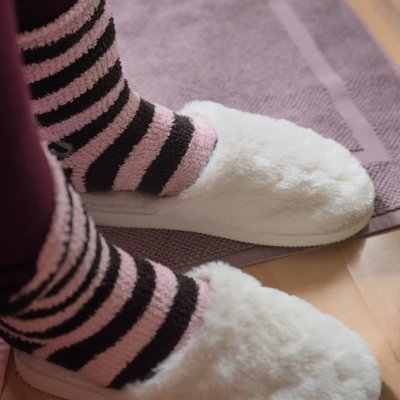- Dictionary
brother(
bruh
-
thuhr
)A noun is a word referring to a person, animal, place, thing, feeling, or idea (e.g., man, dog, house).
1. (relative)
(m) means that a noun is masculine. Spanish nouns have a gender, which is either feminine (like la mujer or la luna) or masculine (like el hombre or el sol).
My brother is two years younger than me.Mi hermano es dos años menor que yo.
2. (religious)
a. el hermano (M)
(m) means that a noun is masculine. Spanish nouns have a gender, which is either feminine (like la mujer or la luna) or masculine (like el hombre or el sol).
Brother Rafael is the abbey's director.El hermano Rafael es el director de la abadía.
a. el hermano (M)
(m) means that a noun is masculine. Spanish nouns have a gender, which is either feminine (like la mujer or la luna) or masculine (like el hombre or el sol).
Let's play some soccer, brother!¡Juguemos un poco de fútbol, hermano!
b. el compadre (M)
(m) means that a noun is masculine. Spanish nouns have a gender, which is either feminine (like la mujer or la luna) or masculine (like el hombre or el sol).
Hey, brother. How's it going?Hola, compadre. ¿Qué onda?
c. el mano (M) (colloquial) (Latin America)
(m) means that a noun is masculine. Spanish nouns have a gender, which is either feminine (like la mujer or la luna) or masculine (like el hombre or el sol).
A word or phrase that is commonly used in conversational speech (e.g., skinny, grandma).
Regionalism used in Latin America: all the countries in South America, Central America, and the Caribbean. Does not include Spain.
Brother, can you help me out with these boxes?Mano, ¿me ayudas con estas cajas?
d. el tío (M) (colloquial) (Spain)
(m) means that a noun is masculine. Spanish nouns have a gender, which is either feminine (like la mujer or la luna) or masculine (like el hombre or el sol).
A word or phrase that is commonly used in conversational speech (e.g., skinny, grandma).
Regionalism used in Spain
Brother, can you spare some money?Tío, ¿me puede dar algo de dinero?
4. (comrade)
a. el colega (M)
(m) means that a noun is masculine. Spanish nouns have a gender, which is either feminine (like la mujer or la luna) or masculine (like el hombre or el sol).
We are in contact with the brothers of the same association in other countries.Estamos en contacto con los colegas de la misma asociación en otros países.
Examples
Phrases
Other Dictionaries
Explore the meaning of brother in our family of products.
Random Word
Roll the dice and learn a new word now!
Want to Learn Spanish?
Spanish learning for everyone. For free.























